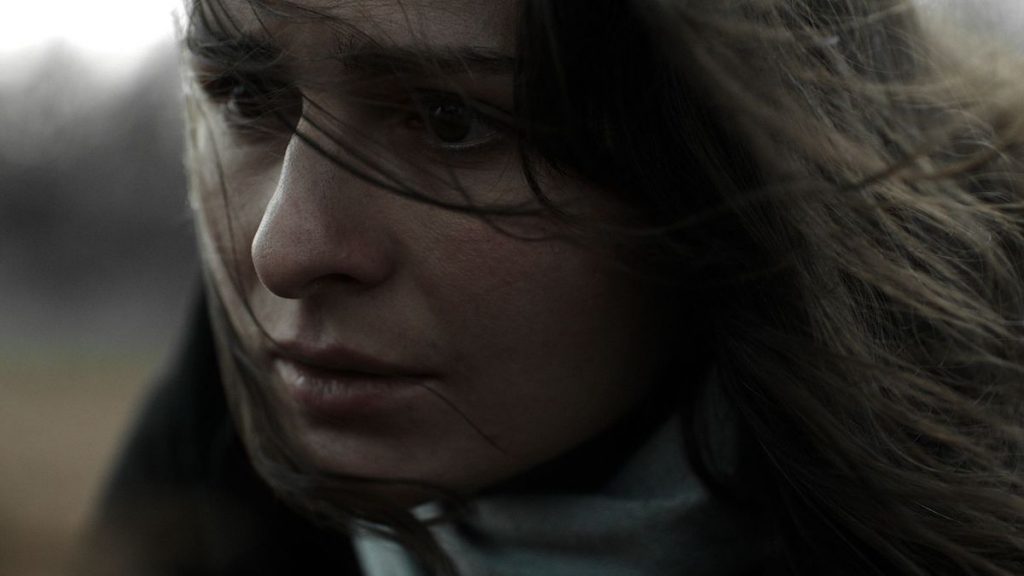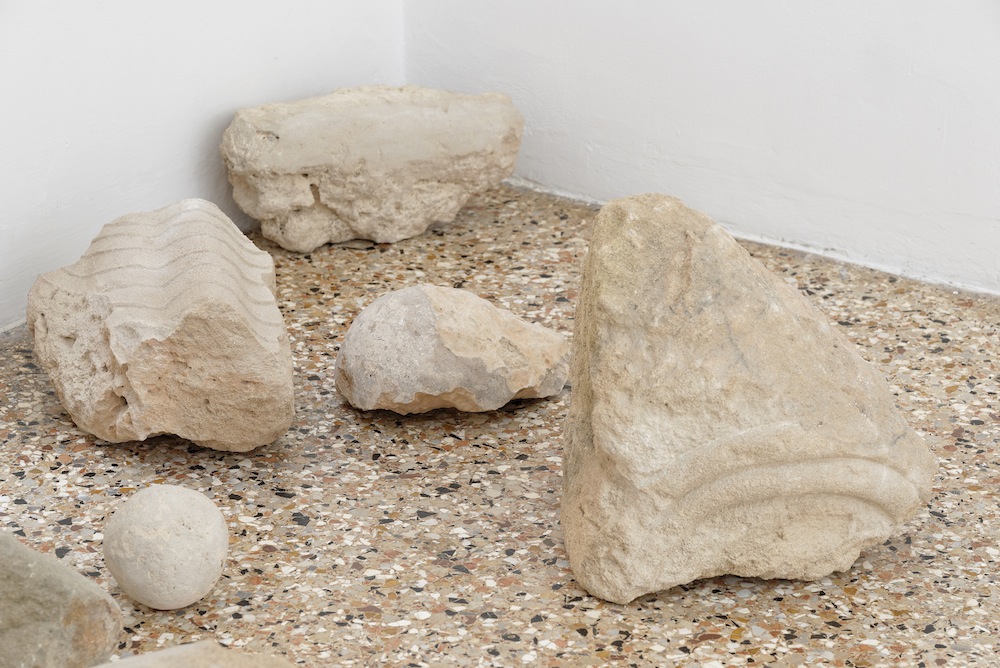Tale “1”
I loved playing in the yard between the basement and the Tekiyya(1), and like all the kids, I would always go to the berry trees in the Tekiyya’s garden. The trees’ green leaves were the only greenery found in our neighborhood, and our small hearts longed for its black fruits.
There was the Tekiyya like a small castle facing the garden with a gloomy door which was always closed, as well as the windows. The whole building sank in gloominess and isolation. When our hands reached its fence it felt as if we were reaching a castle.
Sometimes a man with long beard, flowing cloak and decorated hat would wave his hand at us in the garden and we would all hail “Dervish! May God give you a long life”. But he would pass by while gazing at the grassy ground or walking slowly by the stream of water. Then, he would disappear shortly after, behind the inner door.
“Who are these men, father?”
“They are men of God”
Then he added with a cautioning tone: “Those who disturb them will be cursed!”
But my heart was only fond of the berries.
One day after we finished playing, I sat on the ground to rest and then fell asleep. When I awoke, I realized that I was lonely in the yard. The sun had set behind the old fence, and the breeze of spring had saturated with the gentle and pleasant sunset breeze. I had to pass through the basement to the neighborhood before it became dark, so I jumped to get up. However, I had a feeling that I wasn’t alone, and that I was wandering in a captivating atmosphere with a warm gaze settling on my heart. I turned my head toward the Tekiyya and saw a man standing under the central berry tree. A dervish, but different from the others I had seen before. Fairly old, tall, face like a lake of luminous light, green cloak, long white turban, and an unimaginable grace. Because of my intense stare, I got drunk with his luminous light which overwhelmed the whole world. A thought made me feel that he was the owner of the place, and unlike the others, he looked friendly to me. So I approached the fence and said happily:
“I love berries…”
However, he did not react and remained silent and intact, so I thought that he didn’t hear me, so I repeated with a louder voice:
“I love berries…”
I felt him looking at me, saying with a melodious voice:
“بلبلي خون دلي خورد و گلي حاصل كرد” [2]
I thought he had thrown a fruit toward me, so I bent over to get it, but I couldn’t find anything. So I straightened myself and found that he was no longer there, and the darkness concealed the inner door.
After that, I told my father the story, but he looked at me with doubtful eyes, so I verified my tale, but then he said:
“Only the elder sheik has these features, but he never leaves his seclusion”.
So I used every form of swearing to God to prove my sincerity, then he asked me: “What is the meaning of the words you memorized?”
“I heard it many times within the Tekiyya’s recitations” My dad remained silent for a moment then said: “Don’t tell anyone about it”
Then he extended his hands and started reciting the Samadiyya(3).
After that, I ran to the yard and stayed behind after the boys had finished playing, waiting for the old sheik to appear again, but he did not.
So I cried out with my high-pitched voice:
“بلبلي خون دلي خورد و گلي حاصل كرد”
But there was no answer. I suffered from the torture of waiting, but he had no sympathy on me or my eagerness.
I remembered the incident in a late age, and wondered whether it was true or was only my imagination. Did I really see the sheik? Or did I only claim to see him to attract attention and then believed my own claim?
Did I imagine something that did not exist because I was half-asleep? Or because of what was said about the old sheik in our house? That was how I thought, otherwise, why didn’t the sheik appear again? Why did everyone say that he never leaves his seclusion? That was how I created a legend and how I disperse it. But even so, the assumed sighting of the sheik has settled down deep inside me as a memory filled with innocence; and I still adore berries.
- Tekiyya: is a building that originated back in the Ottoman Empire. It’s a place where religious people, especially Sufi, isolate themselves from the outer world and spend their time in worshipping. Also, it is used sometimes to help the poor people by providing them with food.
- Persian language, it’s a poem written by a Persian Poet Hafez Al-Shirazi. This poem is from his Ghazel poems. It means “A nightingale drank the blood of the liver, and gained a rose”
- Samadiyya: is the 112th Sura of the Qur’an.
Naguib Mahfouz (Egypt, 1911-2006)
Translation: Nora Tallal Maddah
Cover: Christodoulos Panayiotou, Two Days After Forever, 2015 (The Cyprus Pavilion at the 56th Venice Biennale)

